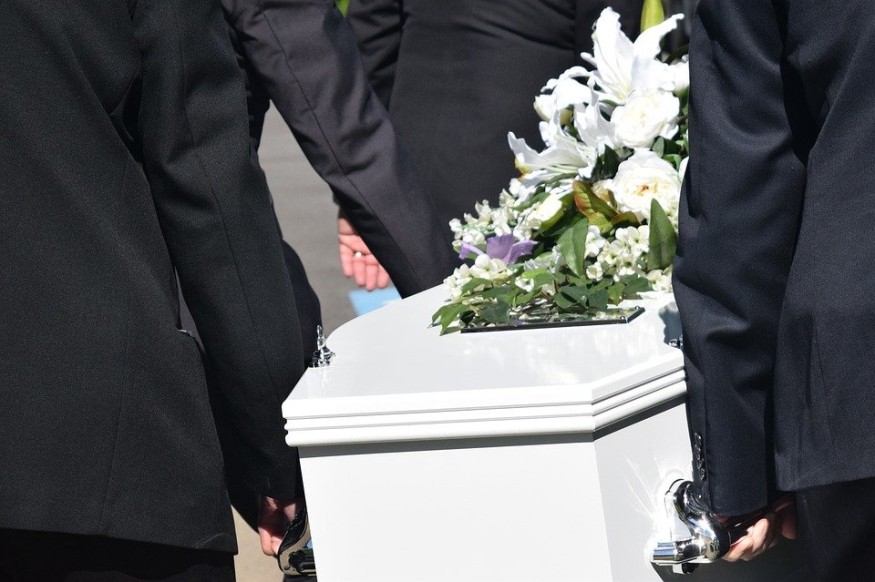
Two kinds of travel to the funeral are: emergency and urgent. The expense is almost tantamount to the stress of arranging travel due to the passing of a loved one. A spouse or relative to the bereaved are usually in better condition to plan and execute the journey. Traveling for funerals and memorial services, or for health emergencies, can become a major concern as people watch friends and family members die. It may sound awful at first, but it could turn out to be a huge blessing for your family as you celebrate the life your deceased family member.
Here are some of my tips when booking travel for a or bereavement:
1. Ask for help.
Someone with a clear head should double-check your travel dates, times and information. If you are not emotionally stable, ask a friend, colleague or partner to assist you with flight arrangements.
2. Airlines that offer bereavement flights
Most major airlines have discontinued the practice. But here are some that still offer bereavement flights. Present documentation and you'll receive fare reductions.
Air Canada
Your journey must begin within seven days of booking for international travel, or ten days for domestic travel (ie, within North America). But Air Canada requires your stay doesn't exceed 30 days for international travel, or 60 days for domestic.
WestJet
This offers bereavement fares and 'civic funeral fares'. Travel must be completed within a period of 14 days. Call WestJet on 1-888-937-8538 and check out the WestJet bereavement fare page here.
Bereavement fares are limited to immediate family (as defined by each airline). Travel agents at other airlines may be able to waive advance-purchase requirements. You may have luck calling the airline and gauging how sympathetic the agent sounds.
3. Use discount travel sites.
According to George Hobica, president of Airfarewatchdog.com, it was better to use a discount travel site to make last-minute bookings, check air-and-hotel packages that might be cheaper than last-minute fares.
4. Use your bereavement leave if you have one.
Talk to your employer about bereavement leave, then clear your schedule. Almost everyone is understanding that a loss is not something to be easily set aside.
5. Use technology to isolate yourself.
Get noise cancelling headphones (not petit earbuds) to wear and take advantage of when you fly which aids in eliminating much of the ambient aircraft rumble, including that coming from fellow passengers. Also, don a pair of sunglasses to send a message that you are grieving and traveling at the same time.
6. Be assertive for an earlier flight.
Let the gate agent know your situation and asked to be placed on standby. Check to see if a seat becomes available.
7. Bereavement flights aren't always the best fares.
The bereavement fare might not be the lowest fare available. Some airlines offer everyday low-cost fares and deals that are actually cheaper than their old bereavement discount. Look up on Skyscanner first for the best deals on your flight route.
Lastly, cope with your feelings of loss in a way that is comfortable for you.
This article is copyrighted by Travelers Today, the travel news leader



